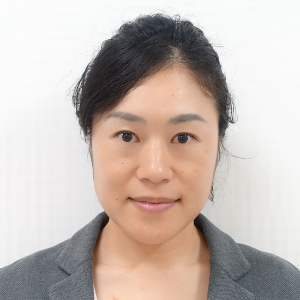Abstract:
Background - We often experience loss of skeletal muscle mass while weight loss. It is going to be useful to find indicators for prevention of skeletal muscle loss. Adiponectin and myostatin are affected through changes in body composition due to weight loss. We examined changing of myostatin and adiponectin in patients with obesity undergoing a weight loss program.
Methods - We examined 66 patients with obesity (age: 46.8 ± 14.0 years, body mass index: 34.3 [31.0–38.4] kg/m2 ) attending a hospital weight loss program. All patients underwent blood tests and were assessed for body composition, insulin resistance, serum adipocytokine and myokine levels, exercise tolerance, and muscle strength at baseline and post-intervention.
Results - The mean weight loss was 7.5% after treatment. The %fat was significantly decreased, and the rate of lean body mass (%LBM), myostatin, and adiponectin were significantly increased. Change in (Δ) myostatin correlated with Δ%fat (r = 0.347, p = 0.004), Δ%LBM (r = − 0.359, p = 0.003), and Δadiponectin (r = − 0.250, p = 0.043). Δadiponectin was an independent predictor of Δmyostatin (β = − 0.262, p = 0.035).
Conclusions - Myostatin and adiponectin might cross-talk and regulate changes in skeletal muscle and fat mass. Regular evaluation of serum myostatin and adiponectin levels in weight loss program suggested that it could contribute to optimal weight loss, in particular the maintenance or increase in skeletal muscle mass and a decrease in body fat mass.
Audience Take Away:
- This study evaluated the relationship between weight loss effects and serum myostatin and adiponectin in clinical practice.
- Evaluation of myostatin and adiponectin in clinical practice helps prevent weight loss from loss of muscle mass.
- By measuring myostatin and adiponectin, interventions can be modified to achieve body composition.




